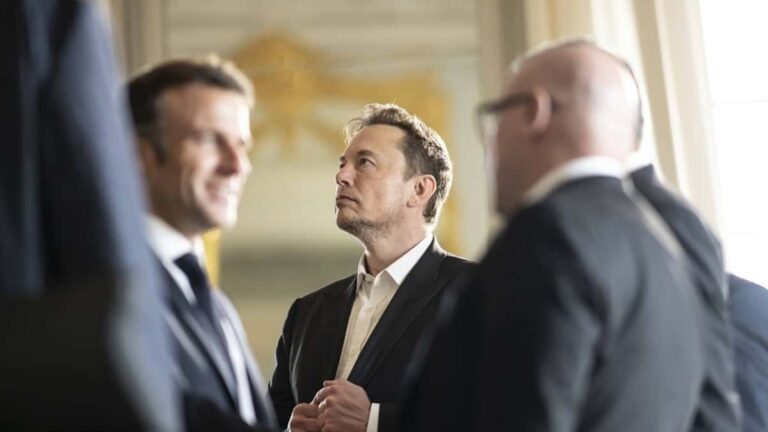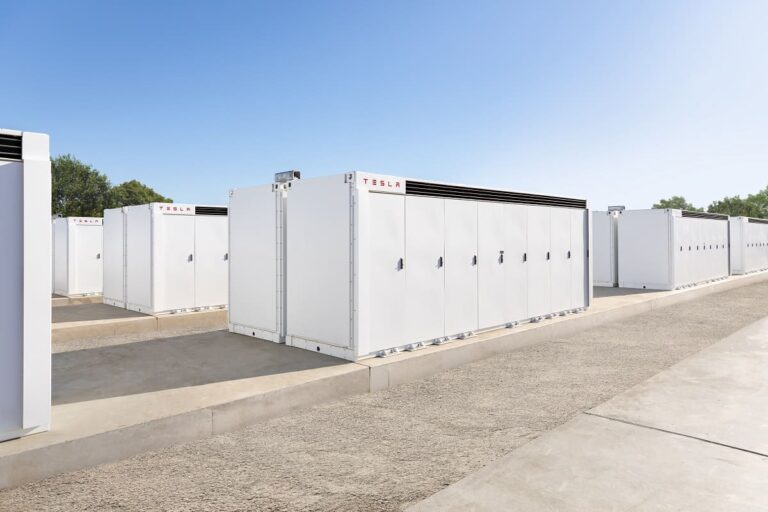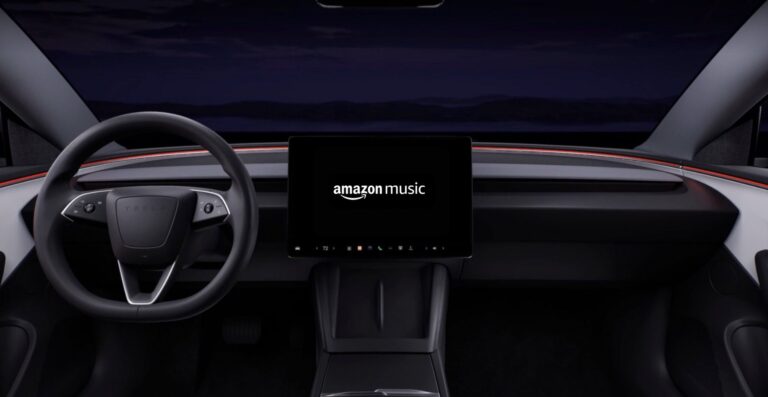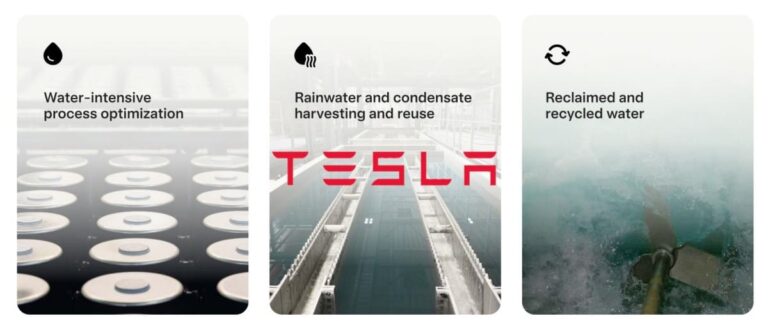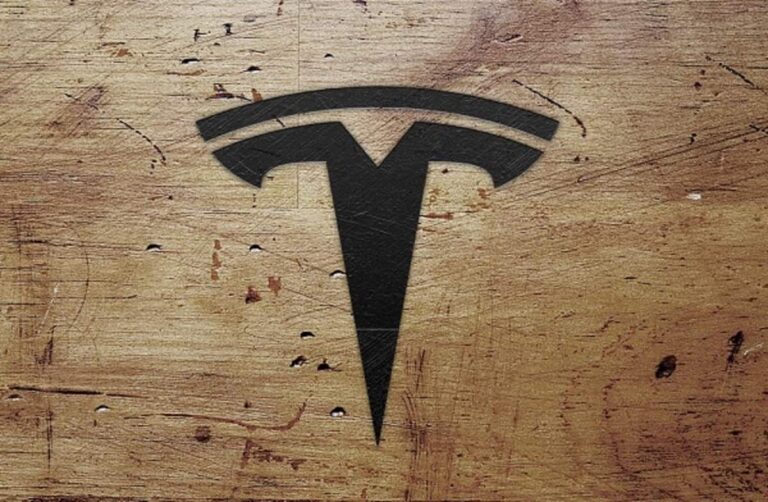a potential breakthrough for Tesla’s Full Self-Driving in China
Elon Musk’s recent visit to Beijing has sparked keen interest in the automotive and technology sectors. This trip is not just a routine visit; it represents a significant step in Tesla’s ambitions in China, particularly with the possible introduction of fully autonomous driving technology (Full Self-Driving or FSD) in the region. If this project is successful, it could significantly accelerate the development and adoption of autonomous driving technology globally.
The importance of Musk’s visit
Elon Musk’s engagement with senior Chinese officials highlights the strategic importance of China as a market for Tesla. As the largest market for electric vehicles (EVs), China’s policies and market dynamics have profound implications for global EV manufacturers. Musk’s discussions are expected to focus on integrating Tesla’s FSD technology into the Chinese market, a development that could transform the region’s automotive landscape.
What is Full Self-Driving (FSD)?
Tesla’s Full Self-Driving is a set of advanced autonomous driving software designed to allow vehicles to drive themselves without human intervention. Although not yet fully autonomous according to SAE automated driving levels, FSD aims to perform most driving tasks. This technology includes navigation on highways, city streets, recognition of stop signs and traffic lights, and lane changes.
Challenges and opportunities
Regulatory hurdles
The biggest challenge of introducing FSD in China is navigating the regulatory environment. China has strict regulations regarding data security and the operation of autonomous vehicles. Any foreign technology operating on this scale must comply with local laws that govern data privacy and automotive standards.
Market potential
Despite these challenges, the opportunities are immense. China’s rapid adoption of EVs and its investments in infrastructure for autonomous vehicles create an ideal environment for Tesla’s FSD. The Chinese government’s support for the emergence of smart cities and the reduction of carbon emissions aligns with the deployment of technologies like FSD.
Technological integration
Integrating FSD into Tesla’s Chinese models involves not only software adaptations, but also considerable collaboration with local suppliers and technology companies. This ensures that the technology is suitable for the unique driving conditions and urban environments in China.
Potential impact on Tesla and the global market
If Tesla succeeds in introducing FSD in China, it could serve as a model for other markets. Success here could pave the way for increased market share in other regions and could also push global standards for autonomous driving technologies.
Conclusion
Elon Musk’s visit to Beijing could mark a turning point for Tesla and the global auto industry. Although the integration of Full Self-Driving technology in China presents multiple challenges, the benefits of such an initiative are clear. Not only could this solidify Tesla’s presence in the world’s largest EV market, but it could also accelerate the global shift to autonomous vehicles, improving road safety and revolutionizing transportation.
As developments continue, all eyes are on the Tesla negotiations and the potential technological leap ahead. Will Tesla successfully navigate the regulatory maze?

